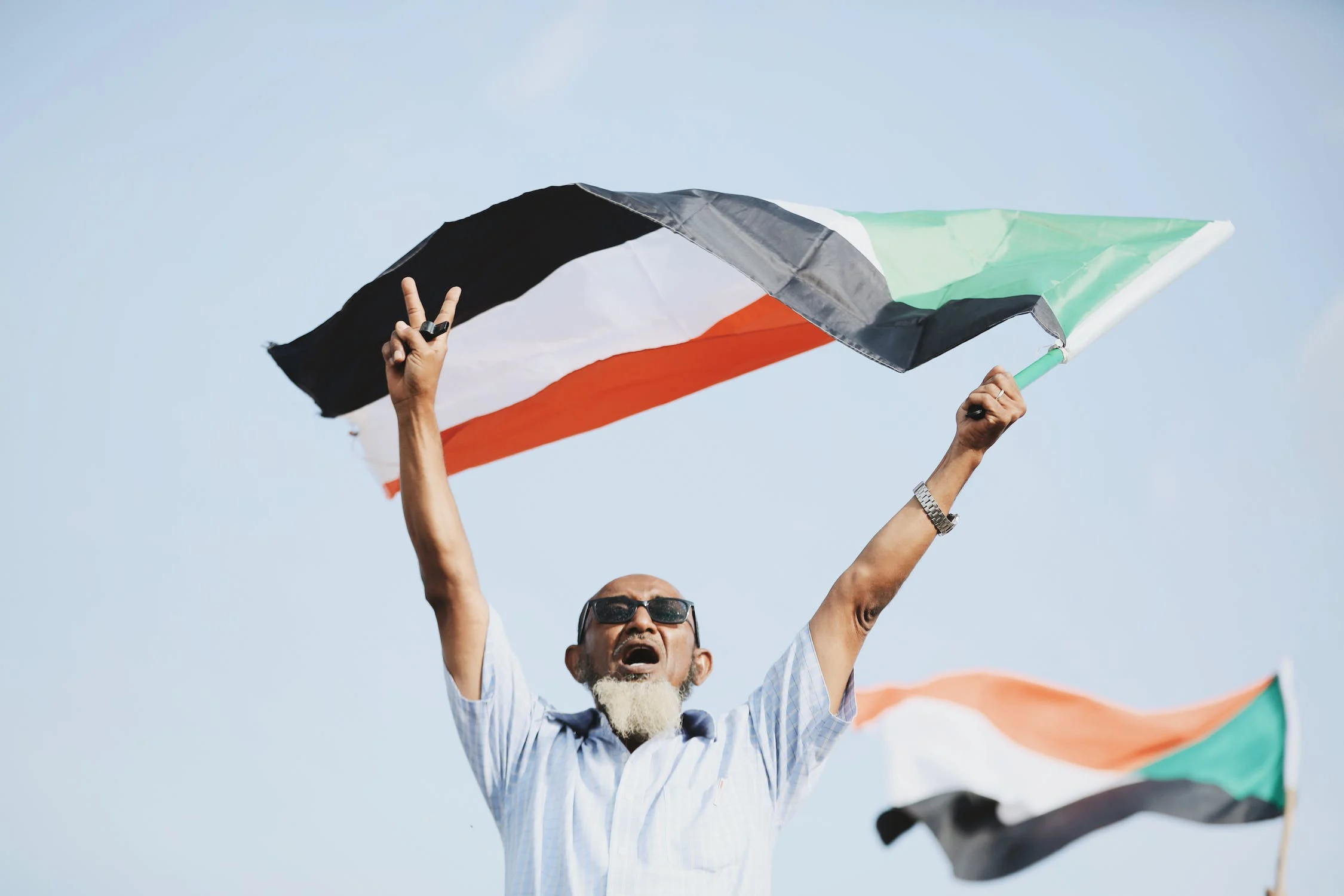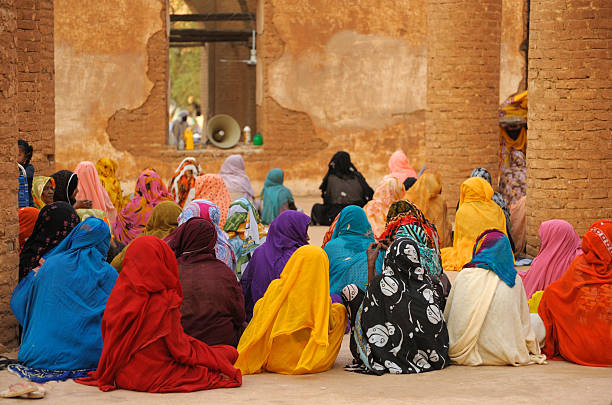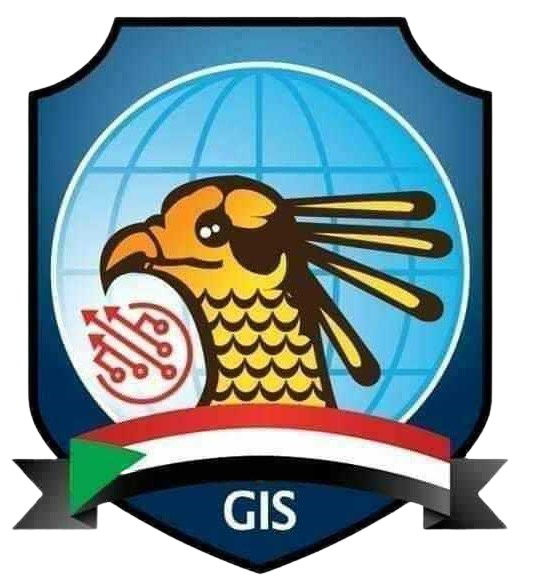Ethnic Diversity
Cultural Impact
- Languages and Dialects: Arabic serves as the official language, alongside numerous local languages like Nubian, Beja, and Fur.
- Cuisine: Sudanese food encompasses diverse dishes such as molokhia, kibbeh, and assida.
- Clothing and Ornaments: Each tribe boasts its unique attire and ornamentation.
- Music and Dance: Diverse musical performances and traditional dances reflect religious rituals and celebrations.
- Arts and Crafts: Sudanese handicrafts, including carpet-making and pottery, highlight the country’s artistic diversity.
Historical Impact
- Ancient Kingdoms and Civilizations: The Kingdom of Kush and the Kingdom of Meroë served as centers for cultural exchange.
- External Cultural Influences: Sudan’s location facilitated exchanges with neighboring civilizations, influencing language and traditions.
- Historical Conflicts and Challenges: Ethnic diversity often led to conflicts over resources and power.
- Migration and Integration: Various migrations contributed to cultural assimilation and exchange among ethnic groups.
- Political and Social Influence: Ethnic diversity has influenced Sudan’s politics and societal dynamics, posing challenges for governance.
Impact on National Identity
- Peaceful Coexistence and Understanding: Diversity encourages unity and understanding among different communities.
- Social Bonding: Diversity strengthens social bonds and fosters shared experiences.
- Cultural Integration: Sudan celebrates its diversity, creating a multidimensional national identity.
- Dialogue and Understanding: Ethnic diversity promotes cultural exchange and mutual appreciation.

Role in Triggering Wars
Ethnic diversity contributes to conflicts:
- Conflict over Resources: Competition for resources leads to disputes among ethnic groups.
- Unequal Representation: Underrepresentation and economic disparities fuel dissatisfaction.
- Colonial History: Past divisions exacerbate ethnic tensions.
- Cultural and Religious Differences: Disparities in culture and religion contribute to conflicts.

Political Impact
- Political Power Distribution: Unequal representation can affect balance and fairness.
- Political Conflicts: Tensions may arise over resource allocation and power struggles.
- Policy Formulation: Ethnic priorities influence government policies.
- Political Representation: Representation levels vary among ethnic minorities.
Explore More
…
...
…
……
…
...
…
…
…
...
…
…
